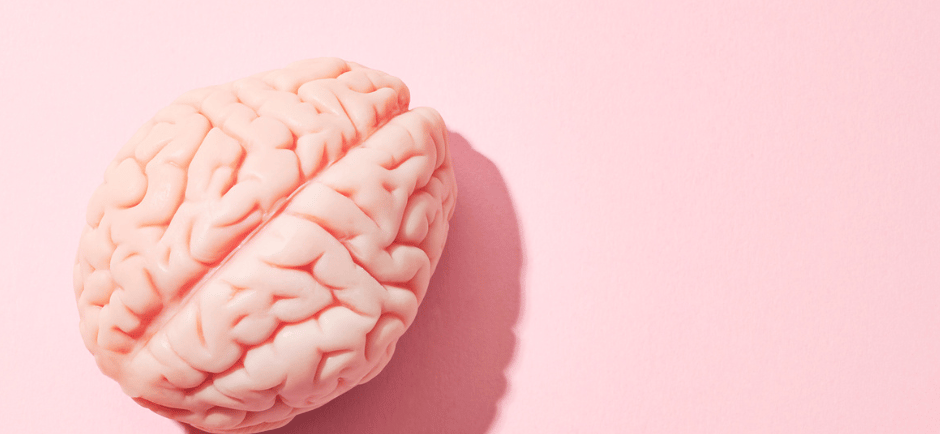Overcome Porn Addiction with Neuroplasticity Techniques
Learn how to harness the power of neuroplasticity to overcome porn addiction and regain control of your life. Discover effective strategies and techniques to break free from the grip of addiction.


Understanding Neuroplasticity
Neuroplasticity is a fascinating concept that refers to the brain's ability to change and adapt throughout a person's life. It is the brain's remarkable ability to reorganize itself by forming new neural connections and pathways. This process allows the brain to compensate for injury or disease and adjust to new situations and experiences.
Neuroplasticity is not limited to physical changes in the brain; it also encompasses changes in the way the brain functions. It involves the strengthening or weakening of existing neural connections, the creation of new connections, and the pruning of unnecessary connections.
The Impact of Porn Addiction on the Brain
Porn addiction is a complex issue that can have a profound impact on the brain. When a person repeatedly engages in pornography consumption, it can lead to changes in the brain's reward system. The brain releases dopamine, a neurotransmitter associated with pleasure and reward, in response to pornographic stimuli. Over time, this can lead to a desensitization of the brain's reward system, requiring more intense or explicit material to achieve the same level of satisfaction.
These repeated exposures to pornography can also lead to the formation of strong neural connections associated with pornographic imagery and sexual arousal. This can create a cycle of addiction, where the brain becomes wired to seek out and consume pornography as a means of obtaining pleasure.
Neuroplasticity and Overcoming Porn Addiction
The good news is that neuroplasticity can also be harnessed to overcome porn addiction. By understanding how the brain can change and adapt, individuals struggling with porn addiction can take steps to rewire their brains and break free from the cycle of addiction.
One of the most effective strategies for rewiring the brain is through the process of neuroplasticity. By consciously engaging in new behaviors and thought patterns, individuals can create new neural connections that support healthier habits and break the associations with pornography.
Practical Steps to Rewire Your Brain
1. Awareness and Mindfulness: The first step in rewiring your brain is to become aware of your patterns and triggers. Pay attention to the situations, emotions, or thoughts that lead to the desire to consume pornography. Practice mindfulness techniques to observe these triggers without judgment and develop a greater sense of self-awareness.
2. Replace Pornography with Healthy Activities: Instead of turning to pornography as a means of escape or pleasure, find alternative activities that bring you joy and fulfillment. Engage in hobbies, exercise, spend time in nature, or connect with loved ones. These activities will help create new neural connections that support healthier habits.
3. Seek Support: Overcoming addiction is a challenging journey, and it can be immensely helpful to seek support from others who have gone through similar experiences. Consider joining a support group, seeking therapy, or confiding in a trusted friend or family member. Having a support system can provide encouragement, accountability, and guidance along the way.
4. Practice Self-Care: Taking care of your physical, emotional, and mental well-being is crucial when rewiring your brain. Get enough sleep, eat a balanced diet, and engage in activities that promote relaxation and stress reduction, such as meditation or deep breathing exercises. Prioritizing self-care will support your brain's ability to adapt and change.
5. Patience and Persistence: Rewiring the brain takes time and effort. It is important to be patient with yourself and understand that progress may not happen overnight. Celebrate small victories along the way and stay committed to the process. With persistence and dedication, you can rewire your brain and overcome porn addiction.
Conclusion
Neuroplasticity offers hope for individuals struggling with porn addiction. By understanding the brain's ability to change and adapt, individuals can take practical steps to rewire their brains and break free from the cycle of addiction. It is a journey that requires awareness, mindfulness, support, self-care, and persistence. With time and effort, it is possible to overcome porn addiction and create a healthier, more fulfilling life.


